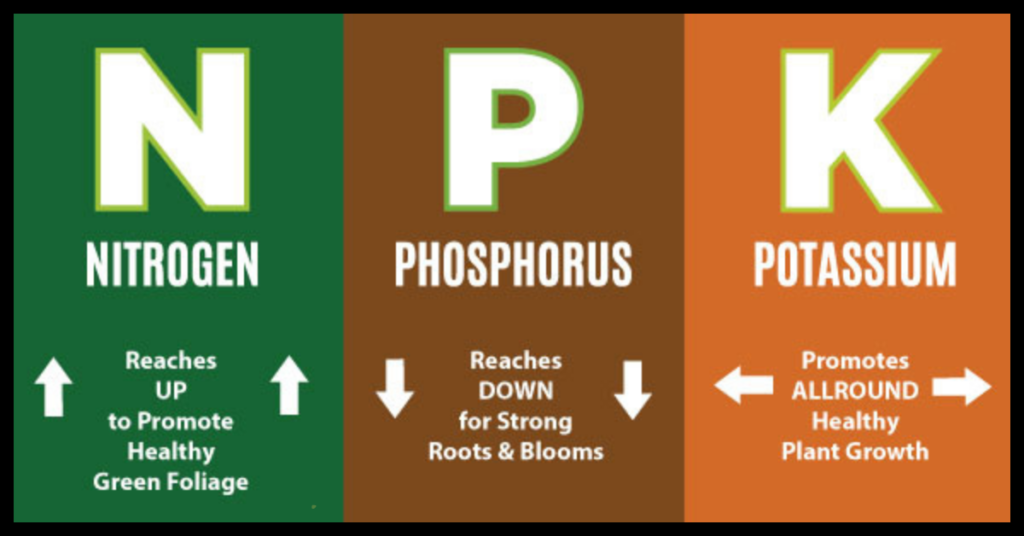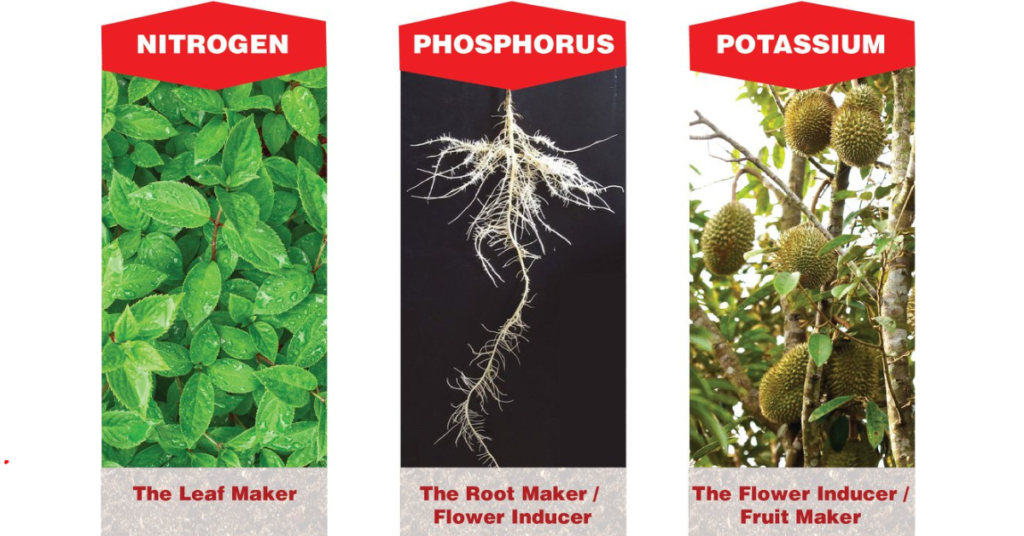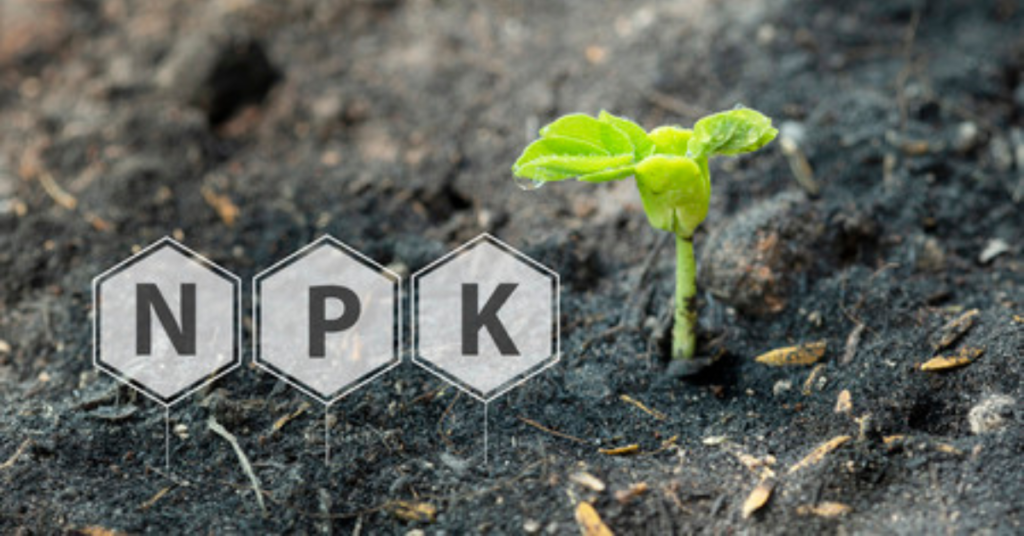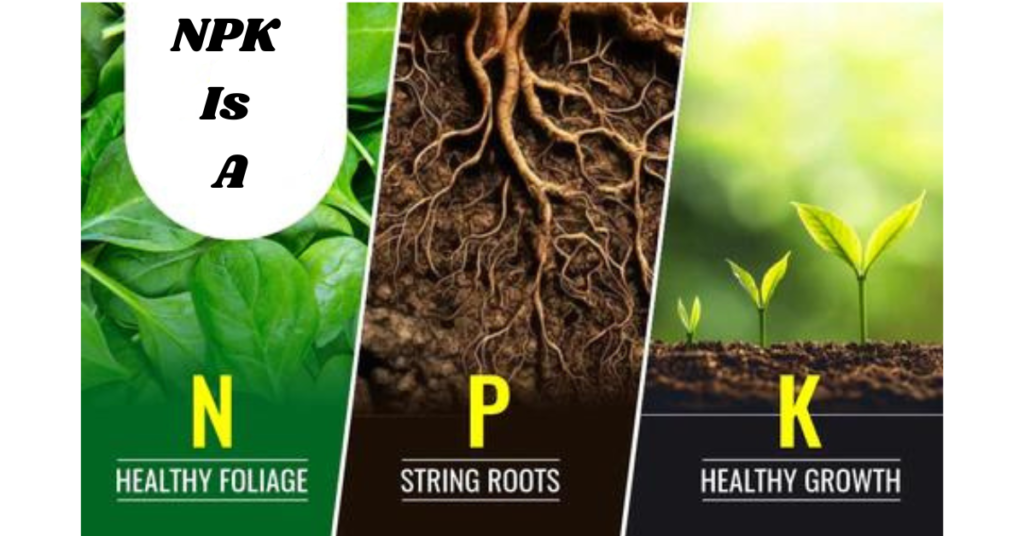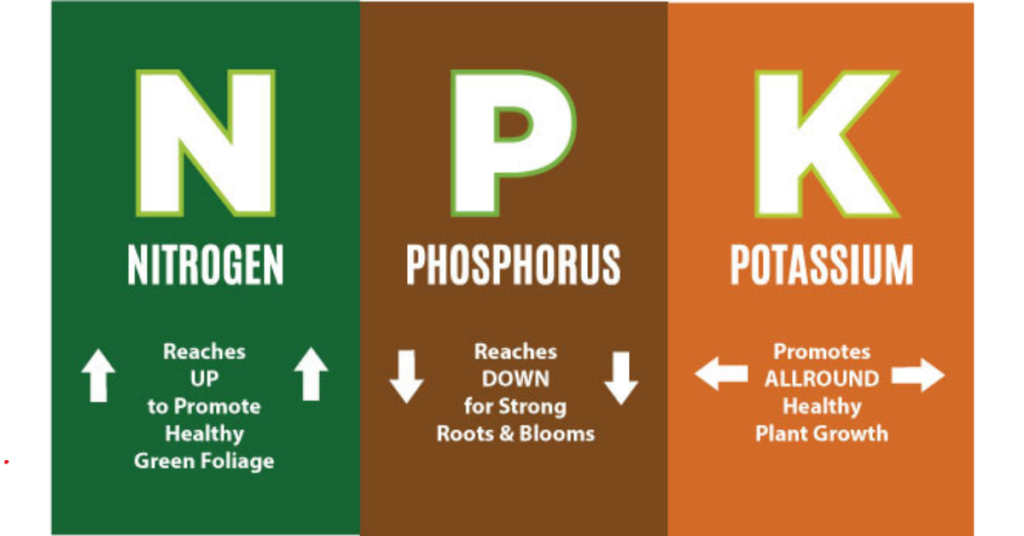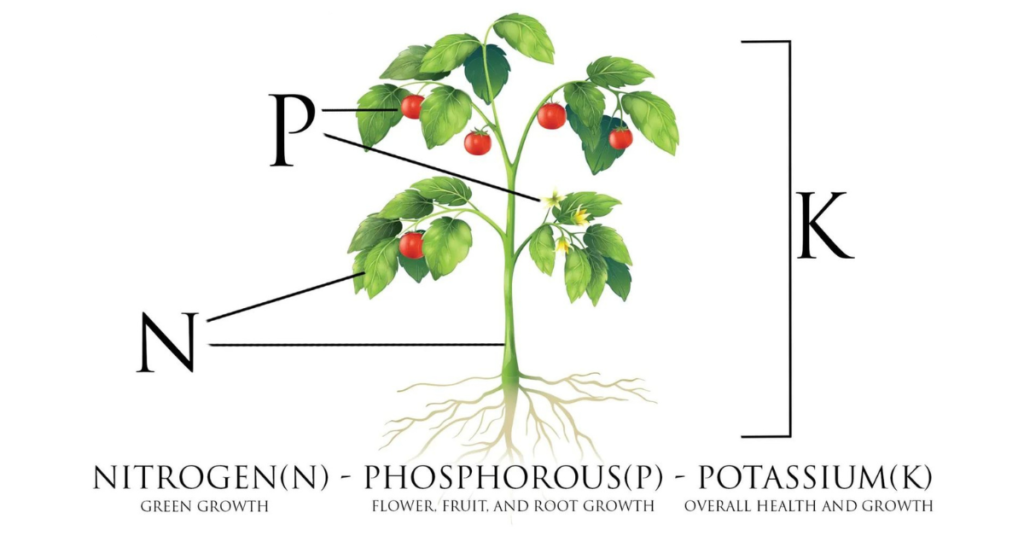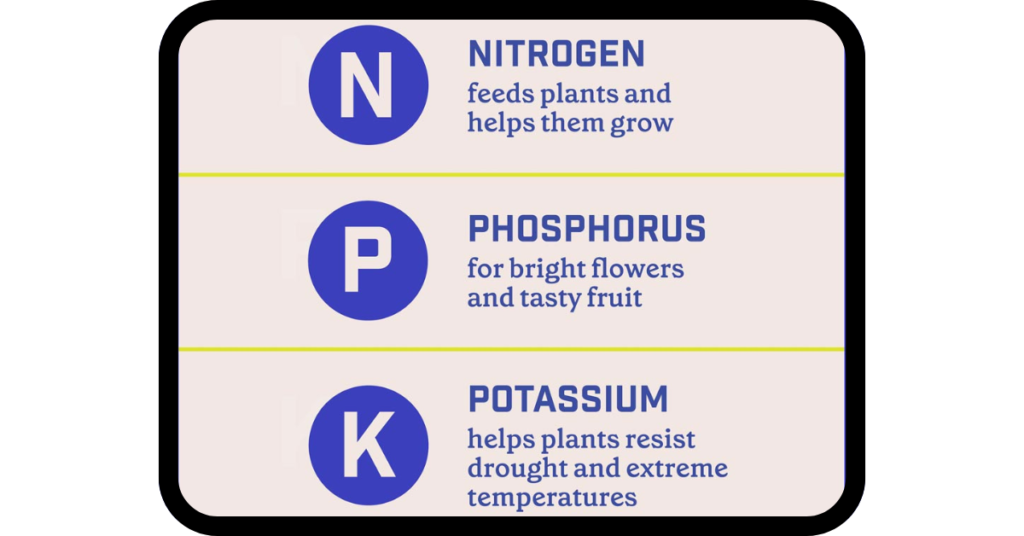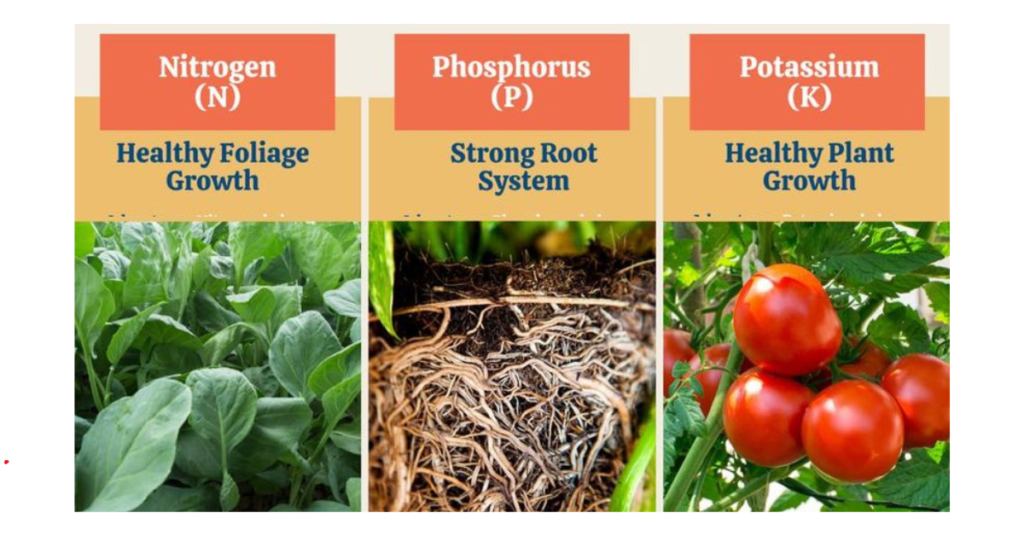“What Does NPK Do For Plants”
In the comprehensive blog post titled “What Does NPK Do for Plants,” we delve into the crucial roles of Nitrogen (N), Phosphorus (P), and Potassium (K) in promoting plant health and vigor. These primary nutrients, collectively known as NPK, are indispensable for various plant functions. Nitrogen accelerates leaf growth and is essential for photosynthesis, Phosphorus aids in robust root development and enhances flowering, while Potassium improves overall plant health and resistance to diseases. By understanding how these elements contribute individually and synergistically, gardeners can optimize plant care and achieve more lush, productive gardens. This post not only explores the individual benefits of each nutrient but also discusses proper application rates and environmental considerations to ensure sustainable gardening practices.
“What Does NPK Do For Plants” Read More »
